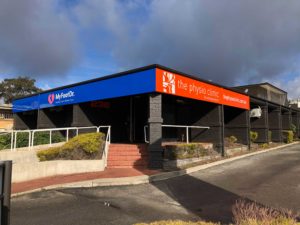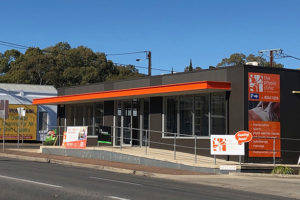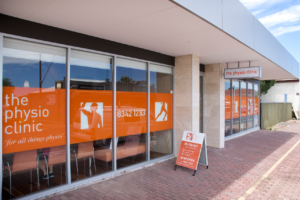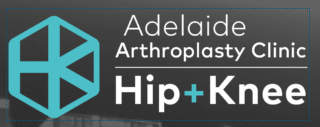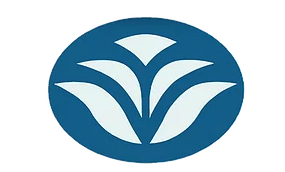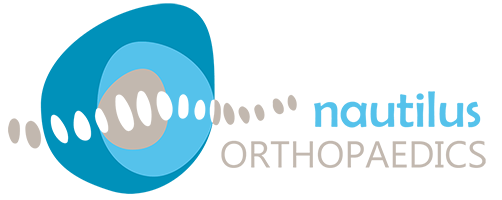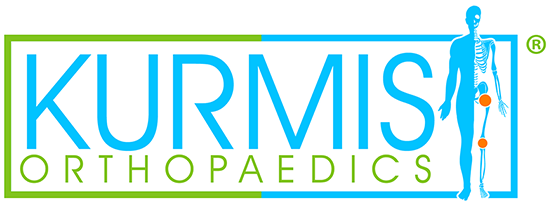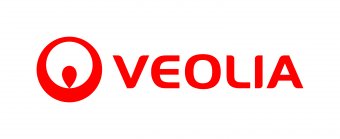World Cerebral Palsy Day is celebrated every year on October 6th with the aim of raising awareness fora society where people with Cerebral Palsy have the same rights, access and opportunities as everyoneelse.
What is Cerebral Palsy?Cerebral Palsy is a neurological disorder that affects movement and posture and develops as a result ofnon-progressive brain damage to an immature or developing brain. Cerebral Palsy occurs in 1 in 700children in Australia and is the most common physical disability in childhood. Cerebral Palsy can affectdifferent areas of the body and to different degrees of severity ; therefore, people with Cerebral Palsycan appear quite different to one-another, depending on their specific presentation.
Paediatric Physiotherapy for Children with Cerebral PalsyPaediatric Physiotherapy plays an important role in the management of Cerebral Palsy. PaediatricPhysiotherapists play an important role in the management of Cerebral Palsy by supporting children andtheir families to achieve goals which are important to them, and to reduce the impact of the physicalimpairments. This often involves supporting children to achieve their maximum potential for physicalindependence by improving their skills, strength and fitness levels.
Paediatric Physiotherapy support can include:
Exercises and activities to support gross motor skill development.
Exercises to improve strength and balance.
Task specific practice - such as learning to control or push their wheelchair independently,learning to crawl, stand, walk, run or jump. Depending on the child, their goals and their leveland type of Cerebral Palsy.
The development of stretching programs to maintain joint range of motion and to preventsecondary complications, such as contractures.
Completing assessments to track the child’s progress and to help develop therapy goals.
Prescription of Assistive Technology to support the child while encouraging as muchindependence as possible. Assistive Technology can include equipment such as walkers,standing frames, supportive seating, car seats and wheelchairs.
Providing support and education to the children’s family, daycare, school and other importantstakeholders in their life on how to best support the individual child and their specific needs.
The Physio Clinic’s team of paediatric physiotherapists are well-versed in working with children withCerebral Palsy of all levels and types, all ages (ranging from a few months old to 18 years), and in a rangeof environments (including clinic, home, daycare, school and playground).
The paediatric team are also qualified to perform multiple standardised assessments for children withCerebral Palsy, including, but not limited to:
Hammersmith Infant Neurological Examination (HINE)
Alberta Infant Motor Scale (AIMS)
Gross Motor Function Measure (GMFM)
If you would like to find out more information about how our paediatric physiotherapists can supportyour child, and/or you’d like to book an appointment, please call The Physio Clinic on 8342 1233.
References
“About World Cerebral Palsy Day.” World CP Day – October 6th, 2020, worldcpday.org/
Gibson, CS, et al. Cerebral Palsy in South Australia 2023. SA Cerebral Palsy Register, Women’sand Children’s Health Network, 2024.
Read more »
